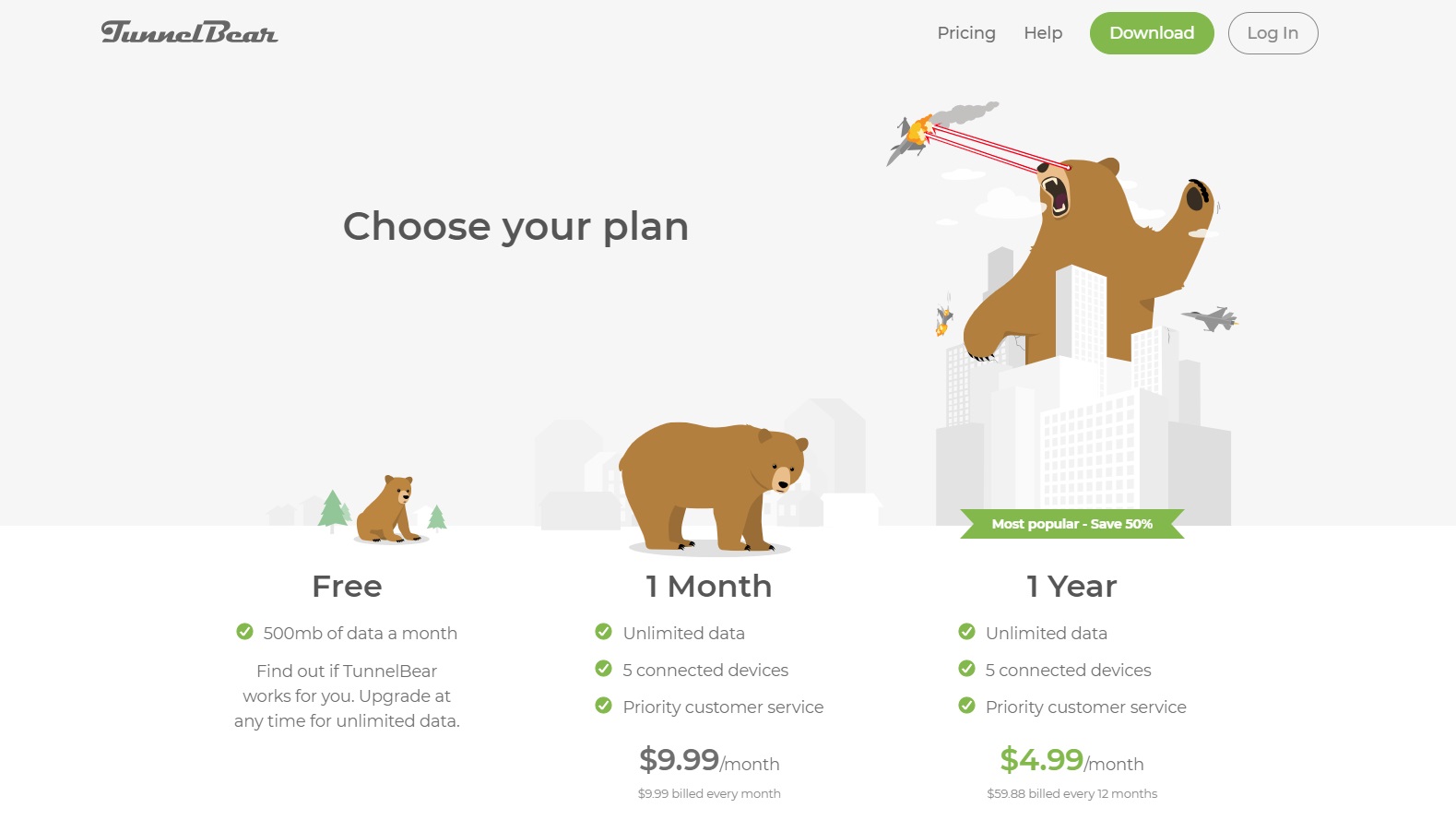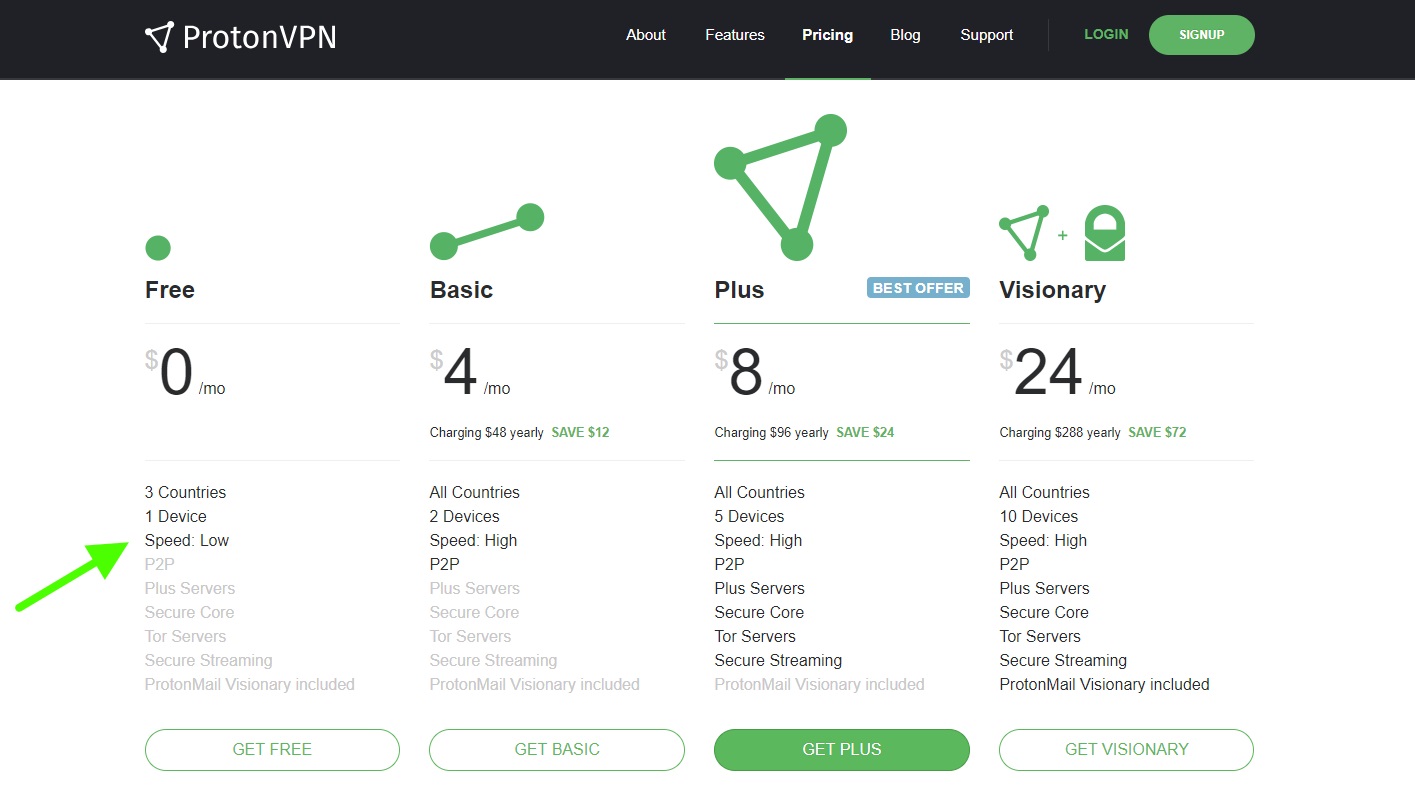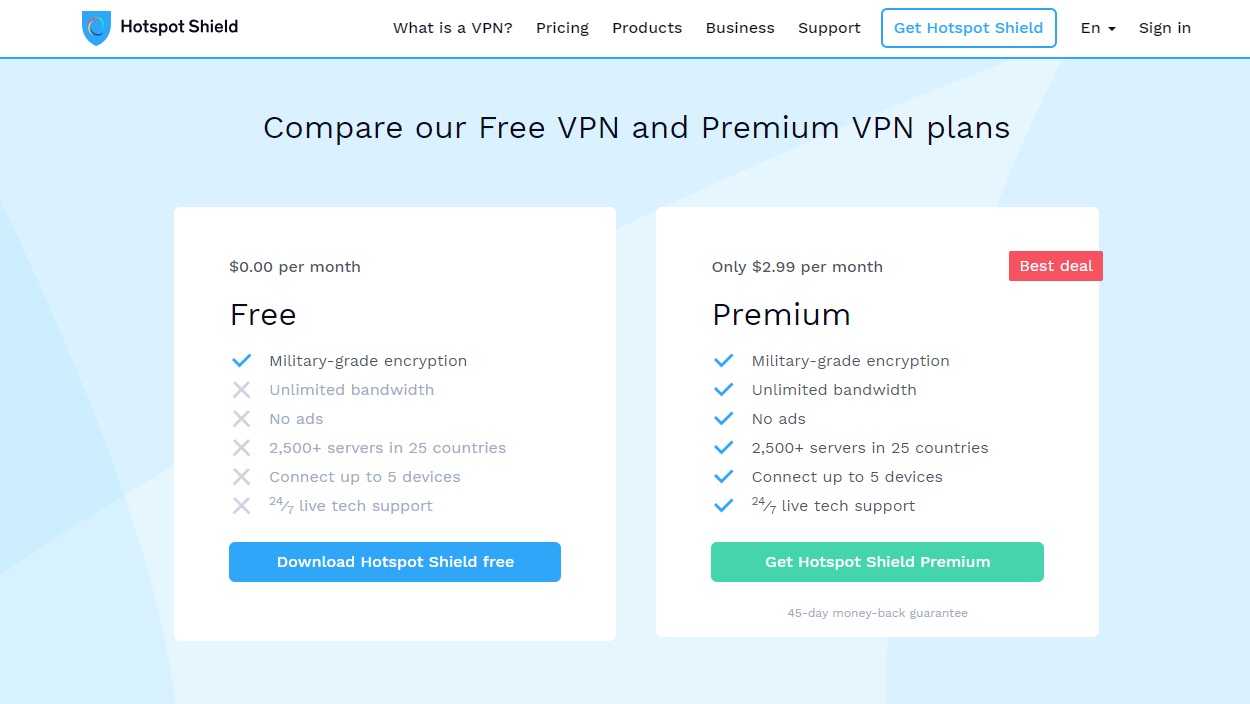Are free VPNs worth downloading?
Be careful what you install on your computer

Sign up for breaking news, reviews, opinion, top tech deals, and more.
You are now subscribed
Your newsletter sign-up was successful
There’s a ton of free stuff out there on the internet, not just in terms of knowledge – and indeed misinformation – but there are literally millions of free services available. The latter includes software (more specifically freeware), smartphone apps, and websites – from the pedestrian plagiarism checker, to the more obscure, such as decoding World War II’s Enigma machine cipher.
With so much gratis content available online, it is easy to fall into the mind-set that everything should be free – but there are good reasons why that shouldn’t be the case. And this is certainly true of free VPN services, which are the subject of this article.
While free VPNs can be easily found online, they tend to be a lousy choice, and not worth the effort to download and use. Why? Let’s look at the main pitfalls and restrictions involved with free providers.
- Discover the very best VPN service
- Facebook has shut down its Onavo VPN app
- Use this checklist to find a VPN you can trust
Limited data
A major limitation of a free VPN is the generally paltry level of data allowance. While just about every paid VPN provides unlimited data, this is not the case with a free service.

For example, TunnelBear is a popular VPN service that is notable for its ease of use. While TunnelBear offers a free tier, it is more of a recurring free trial than a usable VPN, being limited to a very low 500MB of data for each month.
Of course, every household’s broadband usage varies, but if we look at figures from cable provider Xfinity, the average subscriber (in the second half of 2018) consumed 174GB of median monthly data. With that average usage, which works out to approximately 5.8GB of daily data consumption over 30 days, TunnelBear’s monthly data allowance would not even cover a single day.
Therefore, this free tier is effectively provided as just a test to let the user decide if they want to commit to a full monthly plan. However, with such a limited data allowance, perhaps folks should not even bother, and simply find a VPN that offers a (more substantial) free trial before committing to a paid plan.
The slow lane
A crucial feature of a VPN is how much bandwidth it can offer the user. This applies to both the download and the upload side of the transmitted data, and becomes particularly important for users who plan to use their VPN to stream video. And remember, the latter is the most common VPN activity for both the US and globally, and VPNs are frequently used to avoid avoid Netflix eorestrictions imposed on streaming services.
Also recall that according to Netflix, for an HD quality stream, the user should have 5MB/s of download bandwidth, and for a 4K stream, this goes up to 25MB/s.
The speed you experience with a VPN is determined by the quality of its network, how many servers it has, and how close they are to you. The better paid VPN services tend to have a larger number of servers – often thousands of them – spread across the globe to make for a robust network, providing adequate bandwidth for all of their users. And remember that the more servers there are, the more likely there will be a good one near to you.
A free VPN simply does not have the sort of cash required to invest in such a network, and at least the more transparent services are upfront about this. Also, it is generally good business sense to give priority in terms of throughput to the paid subscribers. After all, they are paying the VPNs rent, and keeping the lights on, so it makes sense to prioritize their service over the non-paying folks, to keep them happy. This can translate into a restricted, more sluggish level of bandwidth, for the free users.

By way of example, take a look at ProtonVPN’s plans and prices in the image above. While the plans vary, for any of the paid tiers, there are servers in all countries, and the speed is designated as ‘high’ – but for the free plan, this isn’t the case. Indeed, for free users, there are servers in only three countries, and the speed is rated as ‘low’.
Let’s just say don’t try your Netflix streaming with such a bandwidth limited service unless you like waiting for your buffer to fill more than watching your film or TV show.
Device limit
Another differentiator with a VPN is the number of devices that can be connected. Better VPN plans often start at three devices, and can go up to as many as 10 devices. After all, there really is no point applying the protection of a VPN to your laptop, while leaving your smartphone and desktop PC unprotected and exposed.

We can look at yet another freebie as an example: Hotspot Shield. Its premium plan allows the user to connect up to five devices. Once again – as with ProtonVPN above – the free plan leaves out the essential feature of allowing for the connection of multiple pieces of hardware, and free users can only use the VPN with a single device.
Malware – no extra charge
There have been plenty of reports about free VPNs not being secure. In fact, we doubt anyone would be shocked to know that these services utilize the user’s browsing data to perform targeted advertising for a revenue stream, and even sell this data to third-party affiliates for more additional revenue. This effectively makes the user the product.
What’s perhaps an even greater concern is that some of the dodgier VPN offerings out there can be associated with malware. So you should certainly tread carefully, particularly when it comes to more obscure providers who seem to be offering you a free VPN lunch.
When you add all this up, the bottom line simply is: a free VPN is just not worth it!
- Also check out the best VPN paid services
Sign up to the TechRadar Pro newsletter to get all the top news, opinion, features and guidance your business needs to succeed!
Jonas P. DeMuro is a freelance reviewer covering wireless networking hardware.